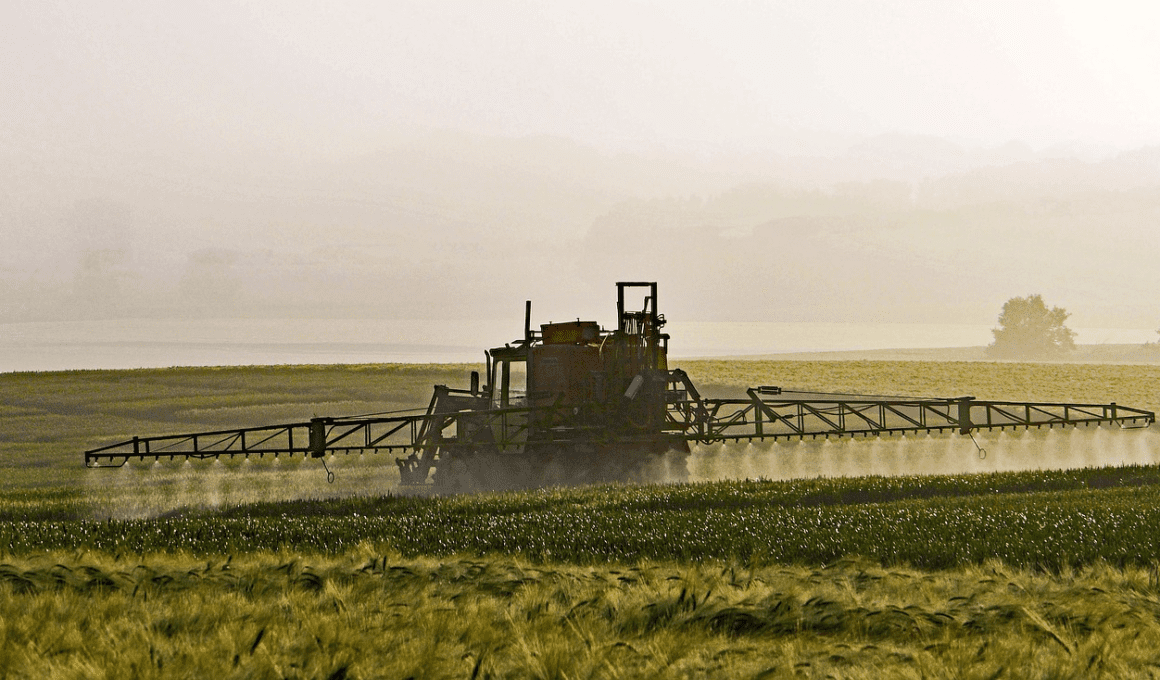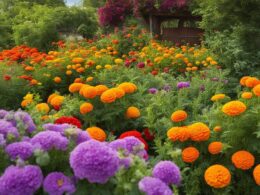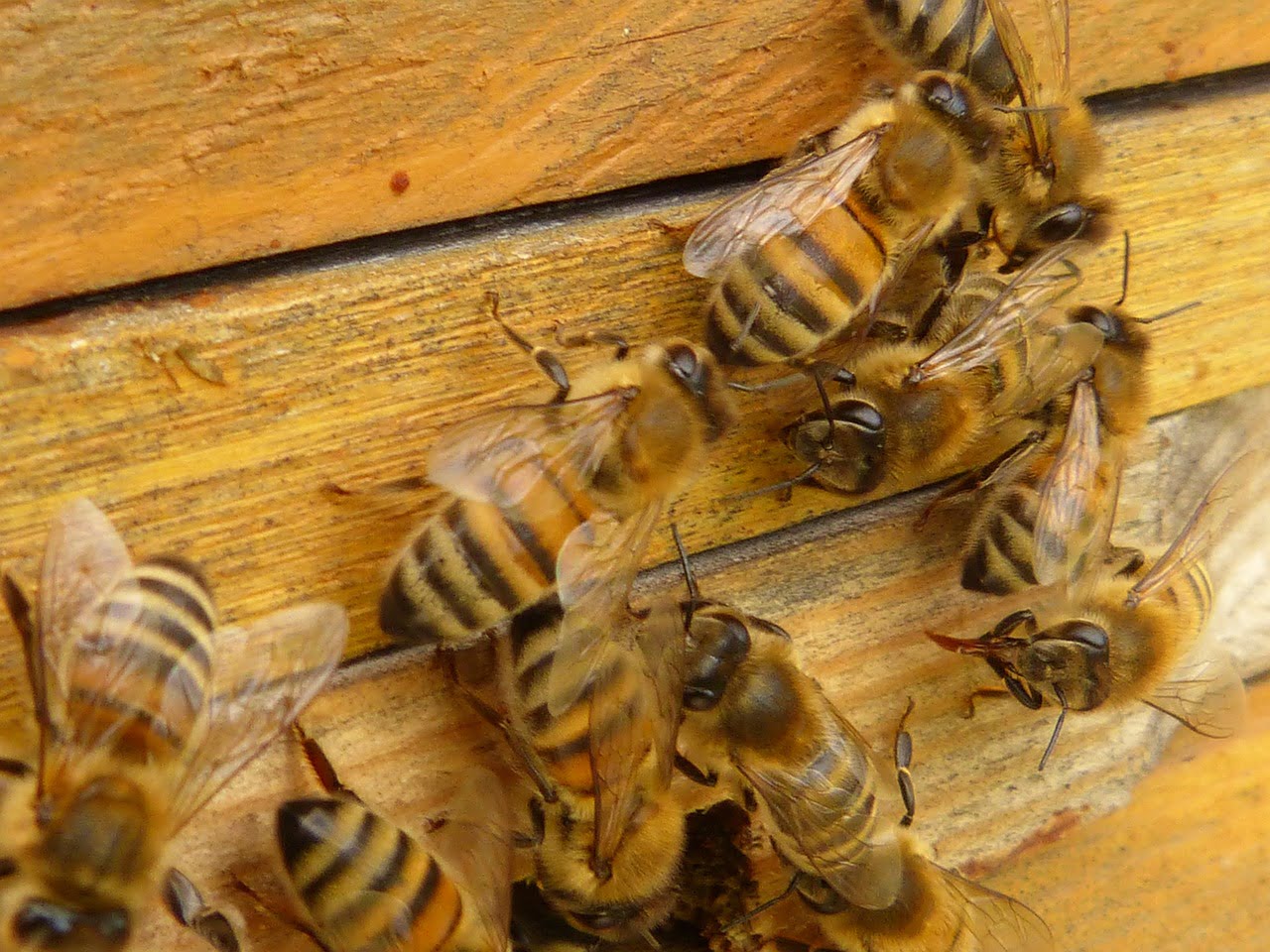Are you tired of constantly battling weeds in your yard or garden? It can be frustrating to see your hard work and beautiful plants overtaken by pesky weeds. But don’t worry, there are several types of herbicides and prevention methods that can help you stop them for good.
In this article, we’ll explore the different types of herbicides, such as contact and systemic, that can kill weeds permanently. We’ll also discuss manual weed pulling and regular application of post-emergent herbicides as effective killing methods.
And for those looking to prevent weed growth altogether, we’ll share tips like using a solid fence and avoiding bird feeders to keep weed seeds from spreading into your yard. With these strategies, you can achieve a weed-free space and enjoy a beautiful, safe outdoor environment.
Quick Takeaways
- Prevention methods such as herbicides and weed barriers can stop weeds permanently.
- Different types of herbicides, including organic and synthetic, have their own advantages and disadvantages.
- Safety guidelines must be followed when using herbicides, and manual weed pulling and natural herbicides can be effective alternatives.
- Consistent treatment of areas can save time and effort in the long run.
Types of Herbicides
You already know that there are different types of herbicides available for stopping weed growth. Organic herbicides are made with natural ingredients, while synthetic herbicides are lab-made chemical formulations. Organic herbicides are often preferred by those who prioritize environmental safety, while synthetic herbicides are popular due to their effectiveness.
In addition to organic vs. synthetic herbicides, there are also contact vs. systemic herbicides. Contact herbicides kill plant tissue on contact, while systemic herbicides kill the entire plant structure over time.
When using herbicides, it’s important to follow safety guidelines to protect yourself and the environment. Always read the label carefully and wear protective gear such as gloves and a mask. Remember that herbicides can have a negative impact on the environment, so use them responsibly.
Killing Weeds Methods
Eliminating weeds from your yard can be a daunting task, but there are several methods you can use to get rid of them for good.
Manual weed pulling is the fastest and most affordable way to remove weeds from your lawn. By pulling the weed from its roots, you’re ensuring that it won’t grow back. This method is effective for small areas or for isolated weeds, but it can be time-consuming for larger areas.
Another way to kill weeds is by using natural herbicides like vinegar or baking soda. Vinegar is a top organic herbicide choice that can be easily found in your kitchen. Its acetic acid content makes it an effective weed killer, but it can also harm desirable plants if not used correctly.
Baking soda can also kill weeds permanently, but it can create a mess and should be used sparingly. These natural herbicides are safe for the environment and do not contain harmful chemicals that can harm your pets or children.
Preventing Weed Growth
To prevent weed growth, consider using a weed barrier, such as a solid fence, to block any potential seed dispersal into your yard. This will not only prevent the spread of weeds, but also keep your yard looking neat and tidy.
Additionally, using deterrents such as bird feeders or squirrel feeders can attract unwanted wildlife that may bring in weed seeds. By eliminating these attractants, you can reduce the chances of weed growth in your yard.
Another way to prevent weed growth is to consistently treat areas to remain weed-free. Regularly applying pre-emergent herbicides can stop weed growth at the germination stage, preventing them from taking root in the first place.
Additionally, keeping your yard well-maintained by trimming grass and removing debris can also prevent weed growth. By taking proactive steps to prevent weed growth, you can save yourself time and effort in the long run and keep your yard looking its best.
Frequently Asked Questions
What is the best time of day to apply herbicides?
The best time to apply herbicides is early morning or late afternoon when there’s less wind and heat. To properly apply herbicides for maximum effectiveness, follow label instructions and wear protective gear. Stay safe while eliminating weeds.
Can herbicides harm pets or wildlife?
When using herbicides, you must be cautious about pet safety and environmental impact. Some synthetic herbicides can cause irritation and harm to all plants and animals in the area. Use organic herbicides or non-toxic methods to avoid harm.
Is it safe to eat vegetables grown in soil treated with herbicides?
You may have herbicide residue concerns when eating vegetables grown in soil treated with herbicides. Organic farming alternatives are available to ensure your food is safe. Consider purchasing organic produce or growing your own vegetables using organic methods.
How long does it take for herbicides to fully kill weeds?
Herbicide application can take a few days to a few weeks to fully kill weeds. Weed resistance can occur with synthetic herbicides, so using a variety of methods and herbicides can prevent this.
Are there any natural methods for preventing weed growth?
Looking for natural weed prevention methods? Consider eco-friendly herbicides made from natural ingredients like corn gluten meal or citrus oil. Planting ground covers like clover or mulching can also help prevent weed growth.
Conclusion
Congratulations, you’ve learned about the different types of herbicides and prevention methods to stop weeds for good!
Remember, there are both organic and synthetic options available for herbicides, including contact and systemic options. Manual weed pulling and regular application of post-emergent herbicides can also be effective.
But prevention is key! Using a solid fence and avoiding bird feeders can help keep weed seeds from spreading into your yard.
By combining these methods, you can achieve a weed-free space and enjoy your yard or garden without constantly battling those pesky weeds. Keep up the good work!









